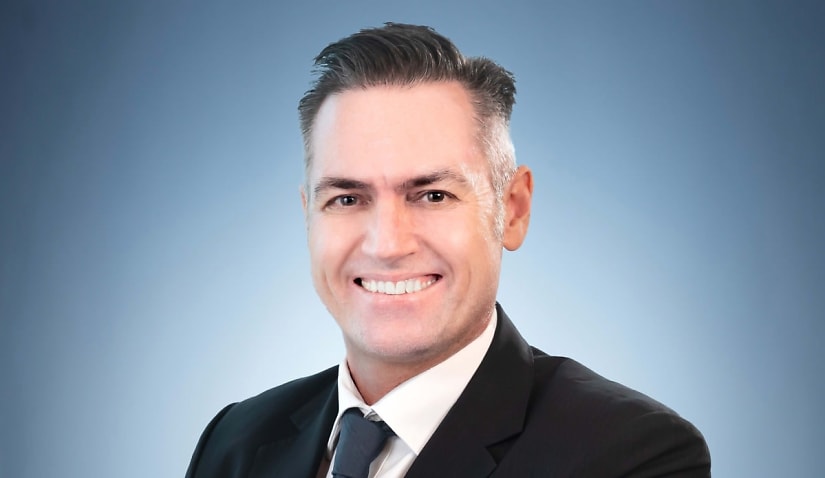As renewable energy and environmental, social and governance (ESG) become key issues for boards, lawyers are in a unique position to offer their clients a variety of lessons, said this partner.

Jae Lemin joined Thomson Geer as a renewable energy and banking specialist in September, coming from global law firm Eversheds Sutherland, where he was a partner in its Hong Kong office.
In conversation with Lawyers Weekly, Mr Lemin spoke about emerging trends within the renewable energy space right now as well as challenges that lay ahead.
Whilst the federal election result has meant that Australia’s energy transition has more momentum, there needs to be more “bankable wind and solar projects achieving grid connection and coming to market if Australia is to meet its targets,” Mr Lemin said.
“The extent to which this is achieved will be one trend to watch over the next 12 months. Green hydrogen clearly also has a role to play — the scope and scale of that role is also a trend that the industry is following. In Asia (where I was based recently) and globally, I am seeing renewable energy being used by countries and companies to not only reduce their carbon footprint, but to also secure their energy supply. This is a major factor in the growth of the Taiwan offshore wind market, for example, and I suspect it will also be an important consideration as Australia grows its offshore wind sector,” he added.
“Australia’s energy sector is not immune to geopolitical events outside its borders, and so I suspect the themes of energy security and resilience will become even more important to it. Another trend I have been following from my multinational clients is the extent to which they have been addressing their Scope 3 emissions. The RE 100 companies, in particular, are proactively ‘greening’ their supply chains. Australian companies that have, or are involved in, global supply chains will soon start to face even more pressure, I believe, to either reduce their carbon footprint or offset their emissions.”
Renewable energy and ESG are now issues that sit firmly in boardrooms and C suites, according to Mr Lemin — who added that there are a number of things a firm can be doing within this space, too.
“The energy transition is happening, and many companies are unprepared for it. Lawyers are in a unique position because they act for multiple clients in multiple industries. Some lawyers also act in multiple jurisdictions. Proactive lawyers can apply the lessons they are learning from one client or aspect of their practice and apply it to others,” he said.
“Many commercial landlords are now becoming more sophisticated and demanding in what they expect from their tenants regarding sustainability. As good corporate citizens, law firms can contribute here. At a global level, I am seeing an increased expectation by clients of their legal providers contributing actively to their local communities by reducing waste and power usage in a more measurable way. I am also seeing an increased client expectation on law firms taking more responsibility for the diversity and the health and wellbeing of their employees and the environmental and social impact of their supply chains.”
Whilst renewable energy has historically been a space that has attracted collaboration, this will remain important moving forward.
“I think the collaboration aspect attracts a lot of lawyers to renewable and clean energy — it was not that long ago that those working in the sector were considered ‘outliers’! The main challenge is the size of the task ahead and the fact that ESG has become so pervasive in the overall conversation — ESG now really needs to be taken into account in almost any decision that a business makes,” Mr Lemin added.
“It’s certainly an exciting time to be involved in the energy sector in Australia, and I am looking forward to Australian companies embracing the challenges that the energy transition presents. There is a lot to do!”

Lauren is the commercial content writer within Momentum Media’s professional services suite, including Lawyers Weekly, Accountants Daily and HR Leader, focusing primarily on commercial and client content, features and ebooks. Prior to joining Lawyers Weekly, she worked as a trade journalist for media and travel industry publications. Born in England, Lauren enjoys trying new bars and restaurants, attending music festivals and travelling.